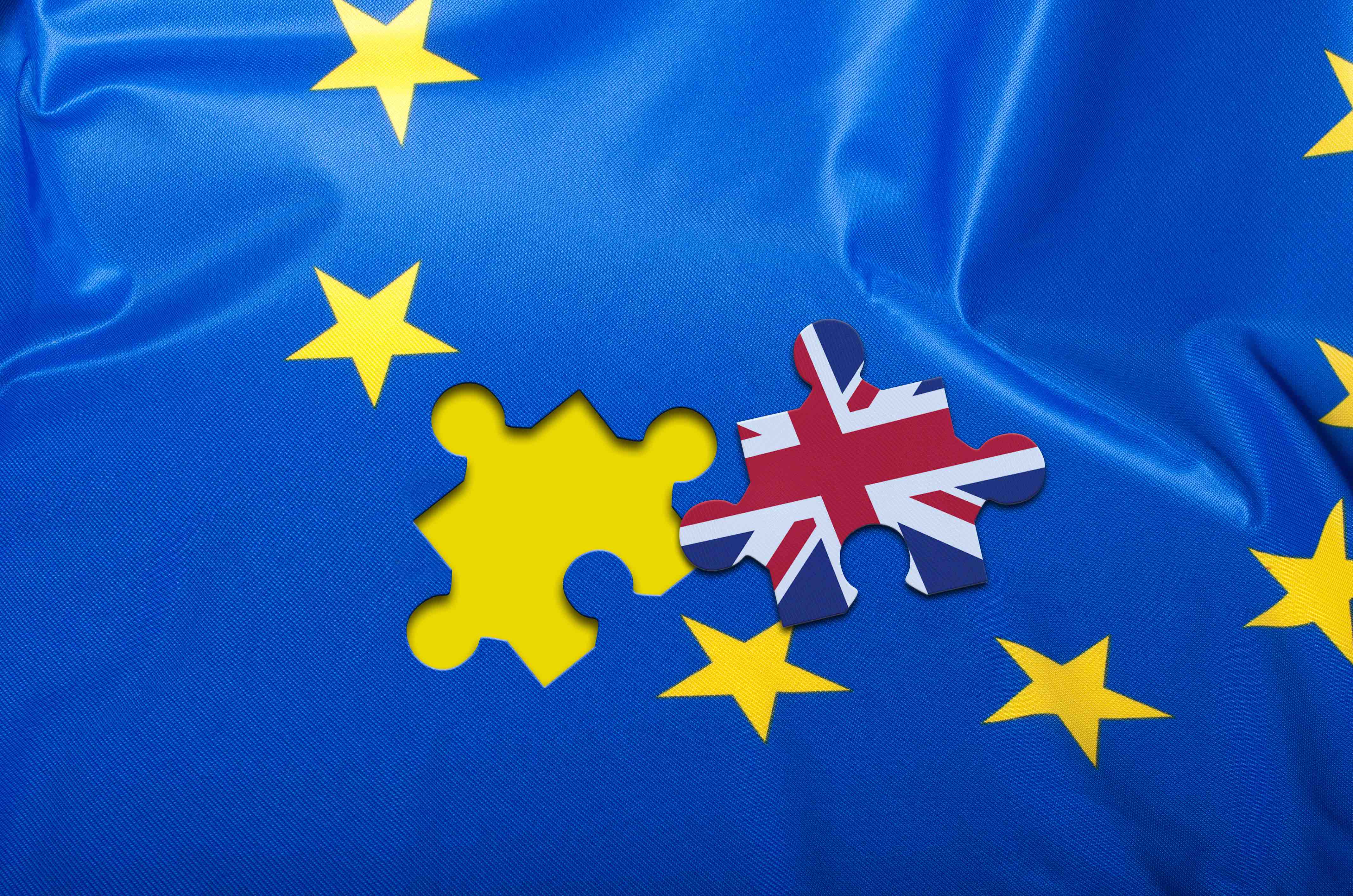
Perhaps I should not be commenting on the Brexit referendum, as I cannot vote on it. But even if I did not hold a professorship in England, it would still concern me directly, both as an economist and as an American citizen. I do not want to delve into the discussion of how many jobs will be lost, or what the hit to GDP will be if the referendum passes. Suffice it to note that I participated in the Royal Economic Society survey on the impact of Brexit (results here) and was smack in the middle among respondents: I believe that GDP will be lower in the UK (by a larger percentage initially than eventually), but that unemployment will not be any higher after a few years. These inferences arise from my belief that real wages in the future will be lower (not drop, just be lower) than they otherwise would have been.
There have been numerous estimates of the likely impact of Brexit on the UK economy, some based on complex macro models, some “seat-of-the-pants” calculations. On any economic question estimates will differ; and that’s especially true in what is in this instance necessarily an ex ante evaluation of a policy change. So it’s especially valuable in such cases to apply basic economic theory, which here goes back to the early-19th-century English economist David Ricardo. The answer from theory is clear and has been proven correct in countless other cases. Think of Brexit and a separation from the EU as the imposition of tariffs on goods imported into the UK. If Brexit results in a loosening of trade ties with the rest of the EU, as seems likely, it will reduce overall output and living standards, just as the prohibitively high tariffs worldwide in the late 1920s and early 1930s did. Aggregate demand will drop. Worse still, assuming that it will be more difficult for non-British citizens to work in the UK, access to lower-cost labor will be reduced. In other words, costs will rise.
Although economics is my business, I view economic outcomes as less important than political ones. Even if, as I believe, British GDP may be 5% lower than otherwise as a result of Brexit, the UK will still be a wealthy country. The political impacts of Brexit are much more dangerous—for the entire planet, since European dis-integration would make Europe less able to function as an effective force for maintaining order in the more tumultuous parts of the world and to provide a counterweight against totalitarian regimes. This concern bothers me especially now, given the existential threat the US faces with the possibility of a blustering, bullying, race-baiting, right-wing demagogue becoming president.
In the end, I wish I could vote on Brexit, as I would vote REMAIN, partly on economic grounds, but mostly on political grounds. European integration, although rocky, was the great political achievement of the last half of the 20th century. To begin dismantling it now would be a step backward in history.
IZA World of Labor will be hosting a debate on the labor market implications of Brexit in London on June 20. For more information, and to book tickets, visit our Eventbrite page.
Please note:
We recognize that IZA World of Labor articles may prompt discussion and possibly controversy. Opinion pieces, such as the one above, capture ideas and debates concisely, and anchor them with real-world examples. Opinions stated here do not necessarily reflect those of the IZA.